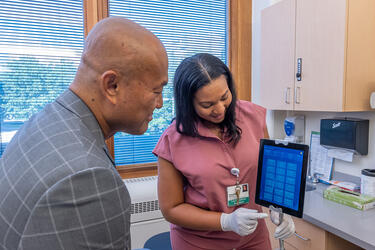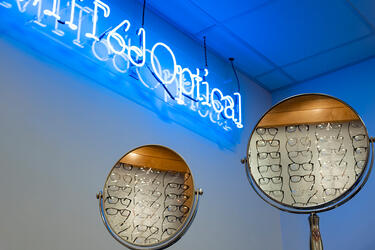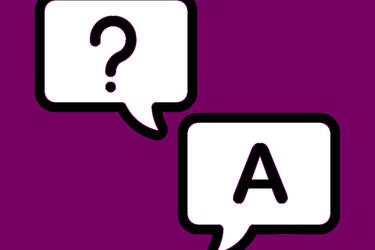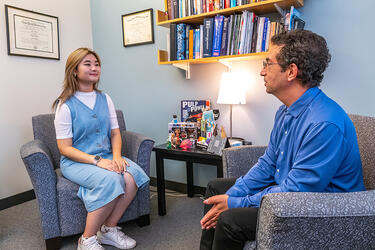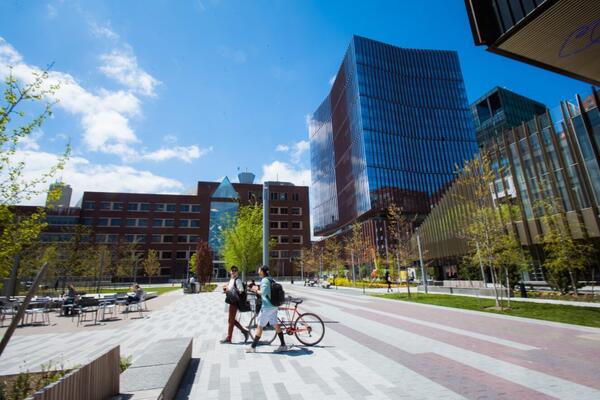
Need an interpreter?
MIT Health can provide interpreter services for office visits or phone calls in more than 150 spoken languages and American Sign Language (ASL).
Browse MIT Optical’s online frame gallery
Try on frames virtually and create a wish list. We’ll have your selection ready when you arrive for your appointment.
Ask Our Digital Navigator
Need to schedule an appointment? Have a question about our services? Our friendly Digital Navigator is here to help.
Student Mental Health at MIT
When should you give us a call? What can we do? Learn how MIT Health’s Student Mental Health & Counseling Services can help you.
